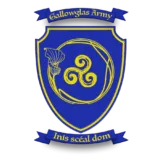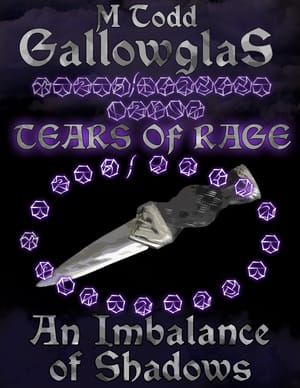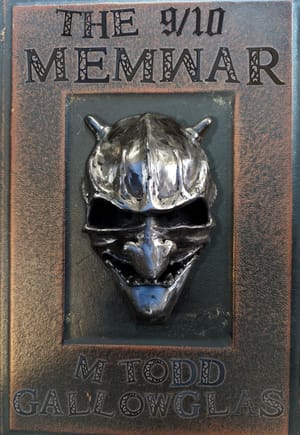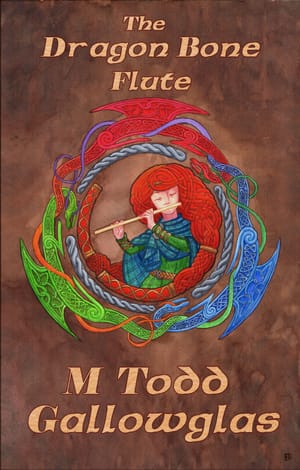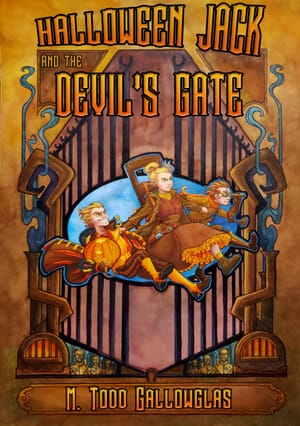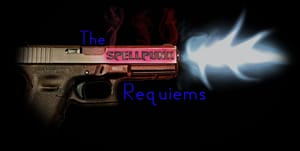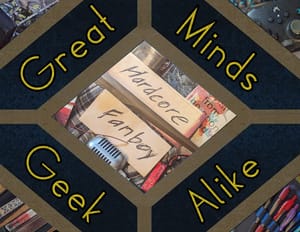What I'm Reading Jan 25th, 2017
Greetings story lovers. Welcome to your weekly, "what I'm reading" update. Since most of my fans and acquaintances are always looking for good stuff to read, I figured I'll start updating the stuff I'm working through. I'll be giving you what I'm reading and what I think about it. For the time being, it's going to be an eclectic gathering of material, between stuff for my MFA and my desire to read more outside of genre fiction. Oh, and I'll also include some of the stuff I'm listening to, as I listena lot of audio books.
Speaking of listening...

I cannot get enough of this album. I am so jazzed to see this live in June.
Like a good book or story, you won't grasp the genius behind this musical until after the fourth or fifth listen. It's all kinds of awesome and epic and poetic and inspiring. If you're a writer, you need to experience this. It doesn't matter if you're into hip-hop or not. Listen for the poetry. Listen for the language. Listen for the choices Lin Manuel Miranda makes in the character voices, the subtle callbacks to other numbers, and the various character arcs he crafts for these legendary figures from American history.
In listening to Hamilton, I have been plagued by an interest in the writings surrounding the American Revolution and our early government. The Federalist Papers were a series of eighty-five essays, written by Alexander Hamilton, James Madison, and John Jay and published anonymously under the pseudonym "Publius," defending the United States constitution prior to its ratification. I've only read the first three, and I'm already seeing parts of it as applicable to our current political climate. For example, in the general introduction, Hamilton writes:
To judge from the conduct of the opposite parties, we shall be led to conclude that they will mutually hope to evince the justness of their opinions, and to increase the number of their converts by the loudness of their declamations and the bitterness of their invectives. An enlightened zeal for the energy and efficiency of government will be stigmatized as the offspring of a temper fond of despotic power and hostile to the principles of liberty.
So much of this applies to the polarized screaming matches dominating our current political discourse. It doesn't matter which end of the extreme we're talking about, it's gotten to the point that the largest casualties in American politics are moderation, civil discourse, and empathy. I've decided I'm going to read one of the essays each evening before bed. Thus far, I've read four, and I am convinced that we don't do enough in the U.S. to give students in this country a sense of the audacity of the founding fathers as they created our government. Over two-hundred years later, and we take so much of it for granted, while we should hold the names of Washington, Jefferson, Hamilton, and all the rest with far more collective reverence than we do.
If you need further convincing that you should read these essays, Thomas Jefferson called The Federalist Papers "the best commentary on the principles of government...ever written."
THE DECLARATION OF INDEPENDENCE
Possibly one of the finest pieces of writing in the history of the world. Every man who signed their name to the document might have very well been writing his death warrant had the colonies not succeeded in their revolution. Reading it again, I feel that adult Americans should read this and the United States Constitution at least once a year and especially when they prepare to cast their votes in any election.
This is a massive tome, edited by Earnest Hemingway, of stories about men in war. While working on the opening of the fifth installment of Dead Weight, my mentor last semester recommended it to me as a reference for men in combat situations from the Roman Empire onward. I've read Hemingway's introduction and a story about Julius Caesar invading Britain. It's a big, big book of over 500,000 words crammed into just over 1000 pages. Currently, I'm reading one of the stories in this book every morning just after waking up as I drink my first cup of coffee before taking the kids to school. The introduction is as brilliant as you can expect from Hemingway, and it proves an interesting insight into his vision of the anthology and his methodology in selecting works for inclusion. The story about Julius Caesar is dry, but an excellent example of how politics and war have mixed and mirrored each other for a long, long time. I've linked to the Kindle version, but I'm working with a hard copy of this so I can mark it up and make notes as I go.
This book by Kevin Barry is an assignment from my mentor this semester as I crawl my way toward my MFA. In talking about what I'd like to work on, he recommended this and The Third Policeman by Flann O'Brien, saying, "They will expand your notion of fantastical literature while feeding your Celtic hunger....."
Read the first chapter of City of Bohane this evening, sitting in the living room with a fire. Man, I am intrigued by this book, most especially the prose and the narrator. The narrator seems to be someone who lives in the city of Bohane, but as of yet, is not an active participant in the story. This particular choice reminds me of the narrator of Faulkner's "A Rose For Miss Emily." (A decidedly creepy story every writer should read.) The dialogue is fascinating, as Barry has crafted an artificial slang and cadence that's jarring at first, but then wonderful to get lost in as the chapter proceeds. It's a brilliantly executed first chapter. The prose is lush and enveloping. We have mystery and intrigue as two great characters, Logan Hartnett and Jenni Ching discuss the potentials of a conflict with a group from another part of town. The chapter ends with yet another possible threat from the past returning, someone or something called "the Gant Broderick."
I think this one is going to really expand my thinking about prose in genre fiction. I thought last semester and my residency worked me over. I think I was swimming in the kiddie pool, and I've been pushed into the deep end.
I started a discussion over on the #GallowglasArmy Hangout group over on Goodreads.
HYSTERICAL REALISM
Earlier today, my mentor had me look up this bit of literary theory on Wikipedia called, "Hysterical Realism." I read the very brief post on Wikipedia, and then started reading the first linked article. I'm only a few paragraphs in, but I can already tell, this is one of those things I'm going to need to devote most of a day to reading these two articles, stopping now and then to think and jot down notes. I'll have more on this for next weeks, "What I'm reading." For now, I'll just say that I can see that much of what I've read so far can be applied to fantasy, albeit with a few twists.
Here are links so that those inclined can follow up on my musings next week.
- Hysterical Realism on Wikipedia
- Human, All Too Inhuman - James Woods, New Republic, 2000
- This is How It Feels to Me - Zadie Smith, The Guardian, 2001
That's it for this week's "What I'm Reading." I'll be back next time kids
